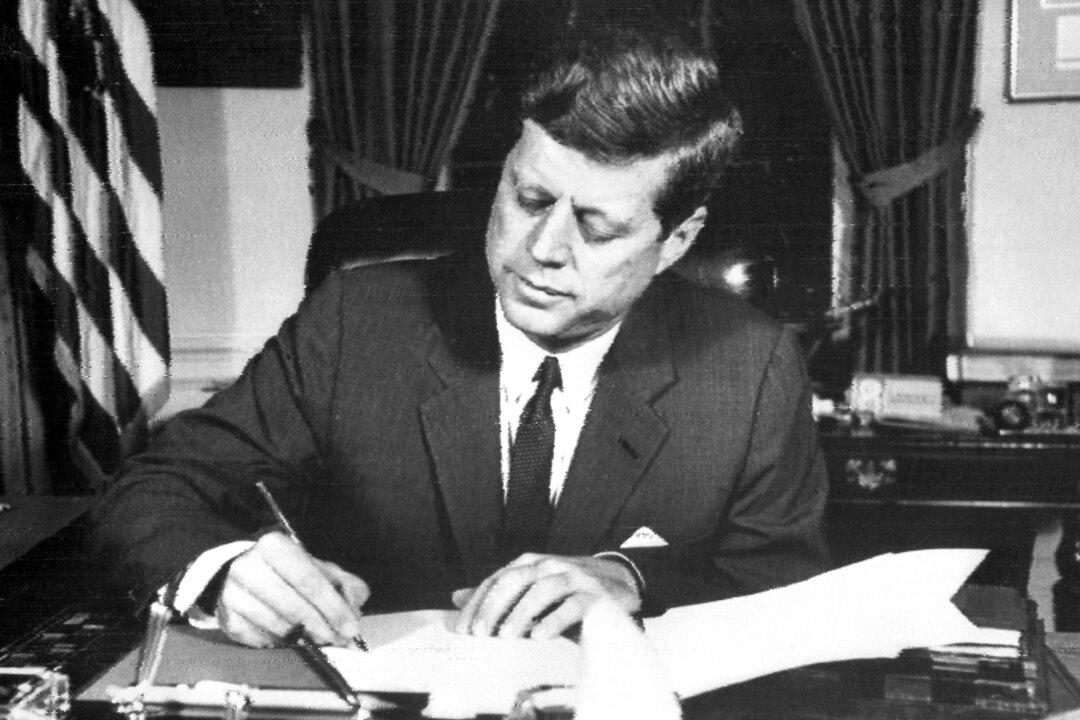Two of former President John F. Kennedy’s nephews are calling on the Biden administration to release the final documents pertaining to his assassination in 1963 after the White House announced last week that it was delaying releasing them due to the COVID-19 pandemic.
The records were set to be made public on Tuesday, but the White House released a memo on Oct. 22 stating that it would delay their publication until at least Dec. 15.




